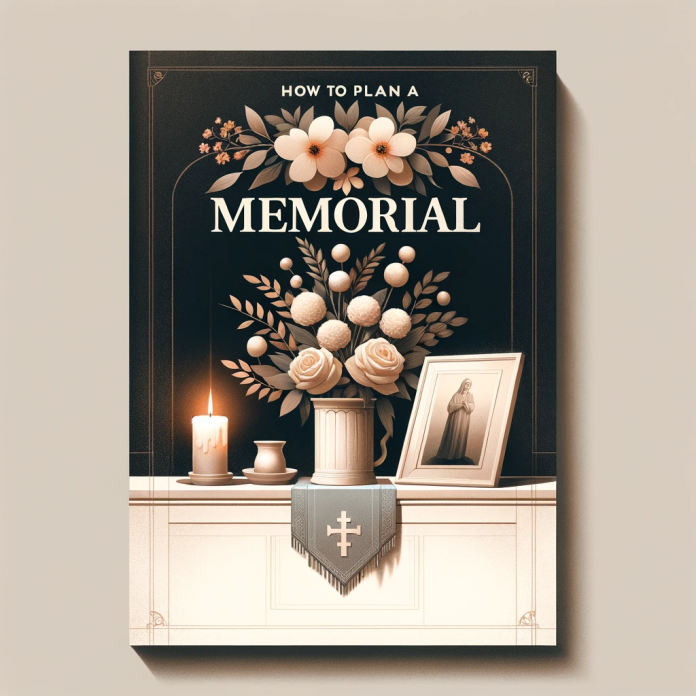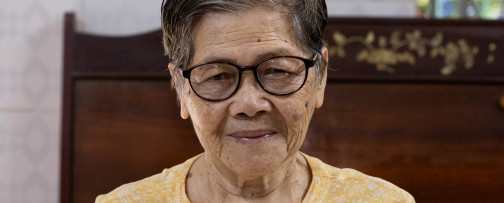Funerals and memorials are universal practices that transcend cultures, religions, and time. They provide a structured ceremony for the living to honor the dead, offering a sense of closure and a path to the healing process. But what is the psychology behind why we need funerals and memorials? This exploration delves into the human psyche to uncover the reasons behind these time-honored traditions.
The Role of Funerals and Memorials in Grief Processing
One of the primary psychological reasons we need funerals and memorials is to help us process grief. The death of a loved one is a significant event that can cause intense emotional pain. Funerals and memorials provide a structured environment where this grief can be openly expressed and shared with others.
Psychologists often refer to the concept of "grief work," which involves confronting the reality of loss and working through the emotional pain it causes. Funerals and memorials are key components of this process. They provide a tangible reminder of the reality of death, which can help individuals move through the initial stages of disbelief and denial often associated with grief.
The Importance of Social Support
Funerals and memorials also serve a crucial social function. They bring together friends, family, and community members, offering a space for collective mourning. This shared experience can foster a sense of unity and mutual support, which is invaluable during the grieving process.
Research has shown that social support can significantly mitigate the effects of grief. By providing a platform for the expression of shared sorrow, funerals and memorials can help individuals feel less alone in their grief, fostering a sense of connection and community that can be deeply comforting.
The Symbolism and Ritual in Funerals and Memorials
Funerals and memorials are steeped in symbolism and ritual, which can play a significant role in the psychological processing of death. These rituals, whether religious or secular, provide a sense of order and meaning in the face of the chaos and uncertainty of death.
The rituals associated with funerals and memorials can vary widely, reflecting cultural, religious, and personal beliefs about death and the afterlife. Despite this diversity, they all serve a common purpose: to help us make sense of death, to honor the deceased, and to facilitate the grieving process.
The Power of Ritual
Rituals have a profound psychological impact. They provide a sense of control in situations that may otherwise feel overwhelming. In the context of death, rituals can help individuals manage their grief by providing a structured, predictable series of actions to focus on.
Moreover, rituals can serve as a form of symbolic communication, expressing feelings and ideas that may be difficult to articulate verbally. Through the ritual actions of a funeral or memorial, individuals can express their grief, pay their respects, and celebrate the life of the deceased.
Funerals and Memorials as a Celebration of Life
While funerals and memorials are often associated with sadness and loss, they also serve as a celebration of life. They provide an opportunity to remember and honor the deceased's achievements, relationships, and personality. This focus on celebrating the individual's life can provide a sense of perspective and comfort, helping to balance the grief and loss with positive memories and gratitude.
By celebrating the life of the deceased, funerals and memorials can help individuals find meaning in their loss. This can be a crucial step in the grieving process, helping individuals move from a place of sorrow and loss to one of acceptance and peace.
The Importance of Remembrance
Remembrance is a powerful psychological tool. By recalling and sharing memories of the deceased, individuals can keep their loved one's spirit alive, fostering a sense of connection that transcends death. This can provide a great deal of comfort, helping individuals navigate their grief and find a sense of closure.
Funerals and memorials provide a dedicated space for remembrance. They offer a platform for individuals to share stories, express their feelings, and commemorate the life of the deceased. This act of collective remembrance can be deeply healing, helping individuals process their grief and celebrate the life of their loved one.
Conclusion
The psychology behind why we need funerals and memorials is complex and multifaceted. These ceremonies serve a crucial role in the grieving process, providing a structured environment for the expression of grief, the offering of social support, and the performance of meaningful rituals. They also serve as a celebration of life, offering a space for remembrance and the sharing of memories.
While the practices and rituals associated with funerals and memorials may vary widely, their psychological importance is universal. They help us navigate the difficult journey of grief, providing comfort, connection, and a sense of closure in the face of loss.
Recommended Products
- Woodamore Share a Memory Cards — Beautiful 50-pack memory cards for celebrating the life of a loved one at memorials and gatherings.
- Funeral Guest Book & Memory Card Set — Elegant guest book with matching memory cards for funeral and memorial services.
- Mini Heart Urn — A small keepsake urn shaped like a heart for a portion of ashes


-banner.png)





